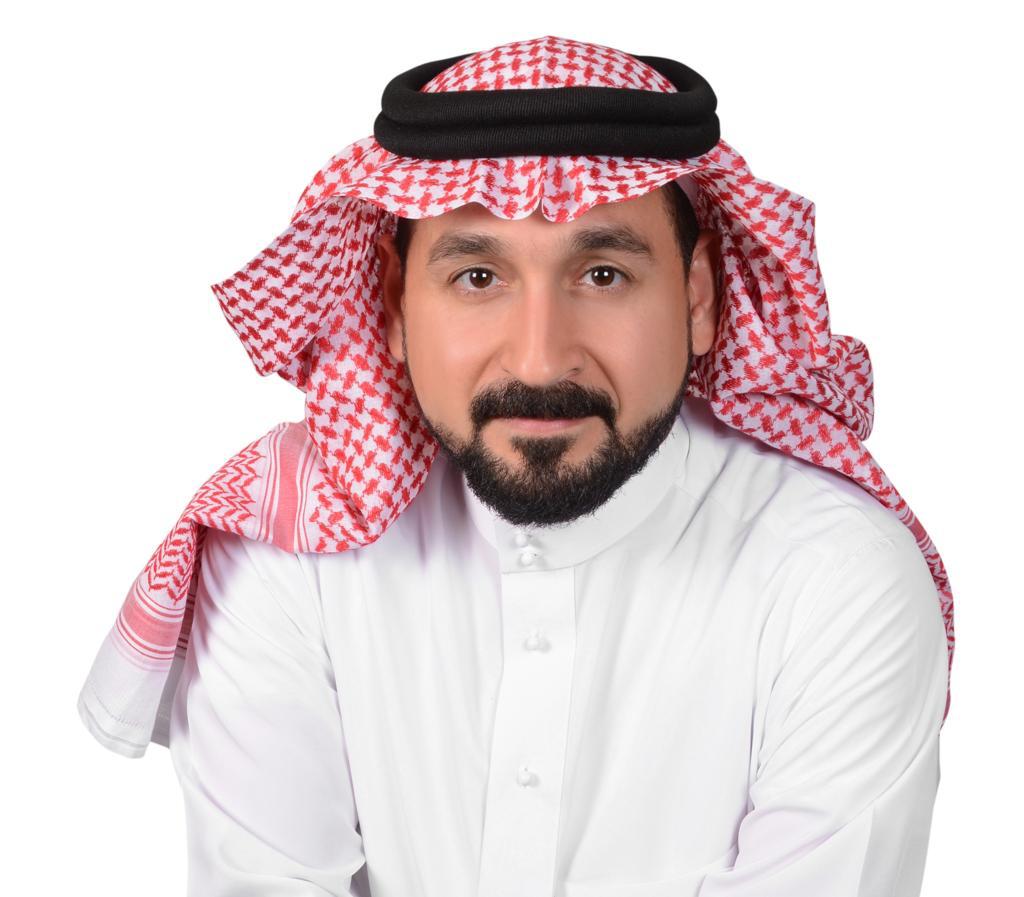Most Read
Disrupting Saudi Arabia's Pharma Market
السبت - 20 يوليو 2024
Sat - 20 Jul 2024
The pharmaceutical market in Saudi Arabia is experiencing a profound disruption, shifting from a long-standing focus on generic drug manufacturing to an emphasis on innovation and research and development (R&D). This transition is not merely a strategic adjustment but a transformative movement aimed at addressing modern healthcare demands, enhancing drug security, and positioning Saudi Arabia as a global leader in pharmaceutical innovation.
For a long time, Saudi Arabia's pharmaceutical industry has been primarily focused on producing and distributing generic drugs. These lower-cost alternatives to brand-name medications have been instrumental in ensuring that a wide range of essential treatments are available to the population. The emphasis on generics has led to the establishment of a strong manufacturing foundation and has fostered the growth of local expertise.
While generics have ensured the availability of affordable medicines, they do not cater to the growing need for advanced therapeutic solutions or align with global trends towards personalized medicine. As healthcare needs become more complex, the limitations of a generics-centric approach become apparent, prompting the necessity for a disruptive shift towards innovation and R&D.
The market disruption is being driven by Saudi Arabia's Vision 2030 initiative. Vision 2030 aims to diversify the economy and reduce reliance on oil revenues by strengthening other sectors, such as healthcare and pharmaceuticals. Significant investments are being made in healthcare infrastructure, education, and the establishment of specialized research institutions to support this transformative shift.
One of the primary motivations behind this disruption is enhancing drug security. Relying heavily on imported medications exposes the country to global supply chain vulnerabilities and geopolitical risks. By fostering a robust pharmaceutical R&D ecosystem, Saudi Arabia aims to secure a steady supply of critical medications, reducing dependency on external sources and enhancing national drug security.
The shift towards innovation and R&D requires comprehensive investment in several key areas. This includes establishing and strengthening research institutions and universities to conduct advanced pharmaceutical and biotechnological research, as well as fostering collaborations with international research organizations. Talent development is also crucial. Investments in education and training programs are needed to develop a skilled workforce capable of driving pharmaceutical innovation. This encompasses scholarships, research grants, and partnerships with leading global institutions. Additionally, a supportive regulatory framework is essential, one that encourages innovation while ensuring patient safety by streamlining drug approval processes and promoting clinical trials within the country. Public-private partnerships are equally important, as collaborations between the government, academia, and the private sector facilitate sharing resources, knowledge, and expertise, thereby accelerating the development of new drugs.
Technology transfer is a crucial element in this disruptive shift. Saudi Arabia can accelerate its journey toward innovation by acquiring advanced technologies from global pharmaceutical leaders and integrating them into the local ecosystem. This process involves transferringtechnical knowledge, skills, and equipment, allowing regional companies to produce high-quality, innovative drugs. Technology transfer agreements and collaborations with multinational pharmaceutical companies can provide access to cutting-edge research and development practices, enhancing the local industry's capability to innovate and compete globally.
The transition from standard manufacturing to innovation and research and development (R&D) in the market offers substantial advantages.
Economic growth and diversification: Investing in pharmaceutical R&D stimulates economic growth and diversification. The creation of innovative drugs and therapies generates high-value jobs, attracts foreign investments, and fosters the growth of related industries like biotechnology and medical devices. This aids in reducing the economy's reliance on oil revenues.
Improved healthcare outcomes: Innovative drugs and therapies can significantly enhance healthcare outcomes by providing advanced treatment options for complex and chronic diseases. Personalized medicine, which tailors treatments to individual patients based on their genetic makeup, is one area of innovation that promises to revolutionize healthcare. By investing in research and development (R&D), Saudi Arabia can ensure access to the latest and most effective treatments.
Establishing itself as a center for pharmaceutical innovation can boost Saudi Arabia's global competitiveness. By creating and exporting innovative medications, the country can position itself as a leader in the global pharmaceutical market. This can attract more investments and partnerships, leading to a cycle of growth and innovation.
Saudi Arabia's ambition to become a global hub for pharmaceutical innovation requires a strategic and comprehensive approach. Key steps include significant investment in infrastructure, such as building state-of-the-art research facilities, laboratories, and manufacturing plants equipped with the latest technologies to support advanced research and production processes. Fostering innovation clusters where pharmaceutical companies, research institutions, and startups can collaborate and share resources is also crucial, as these clusters facilitate the rapid exchange of ideas and accelerate drug development. Developing a robust clinical trial ecosystem is essential for testing new drugs and therapies. This can be achieved by streamlining regulatory processes and providing incentives for conducting clinical trials within the country, thereby attracting international pharmaceutical companies to invest in local R&D. Ensuring strong intellectual property protection is vital for encouraging innovation, as companies need assurance that their R&D investments will be protected from infringement. Strengthening IP laws and enforcement mechanisms creates a favorable environment for pharmaceutical innovation. Finally, forming strategic partnerships with leading global pharmaceutical companies and research institutions provides access to advanced technologies and expertise. Collaborative research projects and joint ventures can accelerate the development of innovative drugs and therapies.
Related Articles

Snapchatters in Saudi Arabia can now subscribe to Snapchat+ through mystc AppSnapchatters in Saudi Arabia can now subscribe to Snapchat+ through mystc App

Why does Buffett's Strategy prevail over Graham's?Why does Buffett's Strategy prevail over Graham's?

The Story of the First Pharmacy in Saudi ArabiaThe Story of the First Pharmacy in Saudi Arabia

The Story of How the Pharmaceutical Industry Grew in Saudi ArabiaThe Story of How the Pharmaceutical Industry Grew in Saudi Arabia
